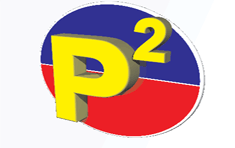New poll challenges BBC radio policy.
Britain’s publicly funded radio should provide a network for children a new poll has revealed.
A radio network for pre-school and primary school aged children and their families has polled higher than the BBC’s five digital stations, as being important for the British public to be able to listen to.
Capibus, the Ipsos MORI face-to-face omnibus survey, showed 23% of participants thought a children’s service to be the most important ahead of 5 Live Extra [sport] at 19%; R7 [adult speech] at 17%; 6 Music [Pop music 70’s – 90s] at 16%; Radio 1Xtra [Black Music] at 9% and the Asian Network at 7%.
Poll Puts BBC Digital Radio Plans In Question
The results of a nationwide survey will place a question mark over the BBC’s new digital radio proposals.
A MORI poll, commissioned by think tank, CHILDREN 2000, has shown a radio network for children to be a far more popular option than any of the BBC’s proposed formats for its five new national radio networks.



